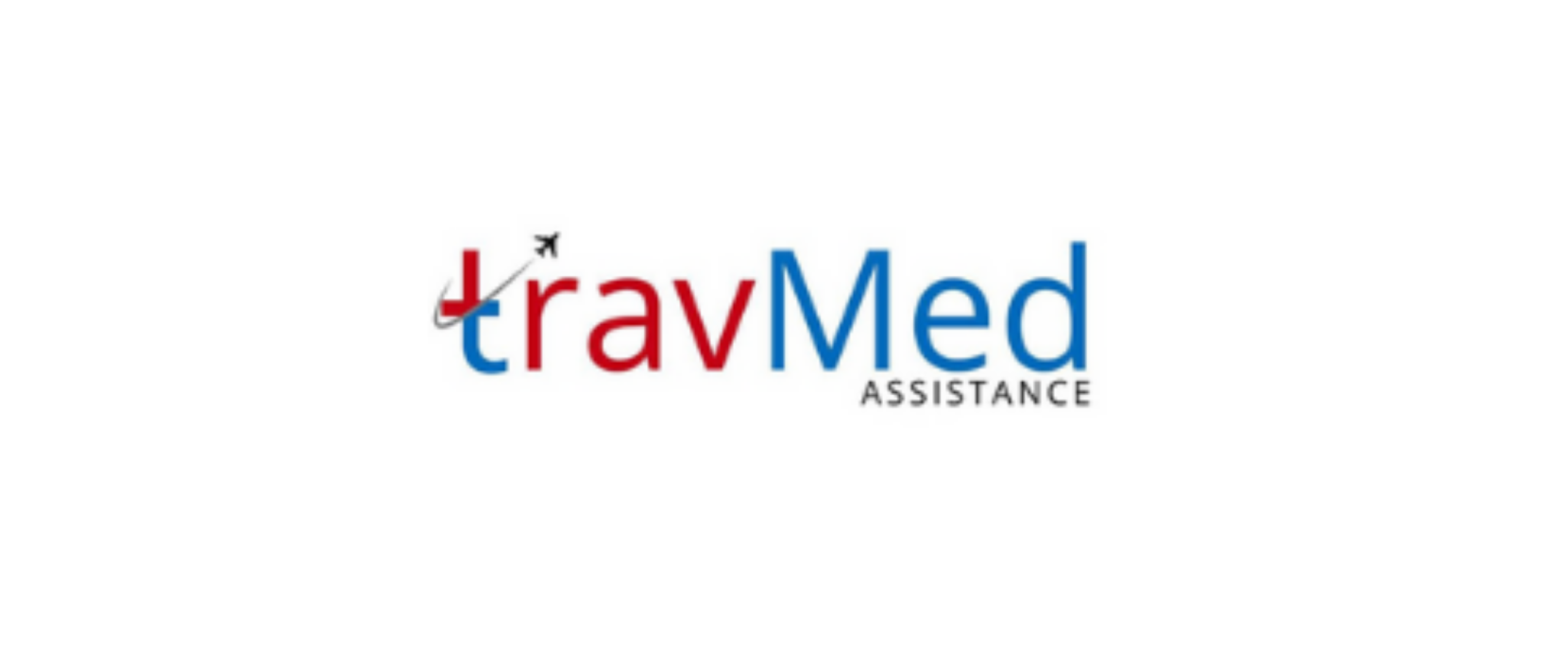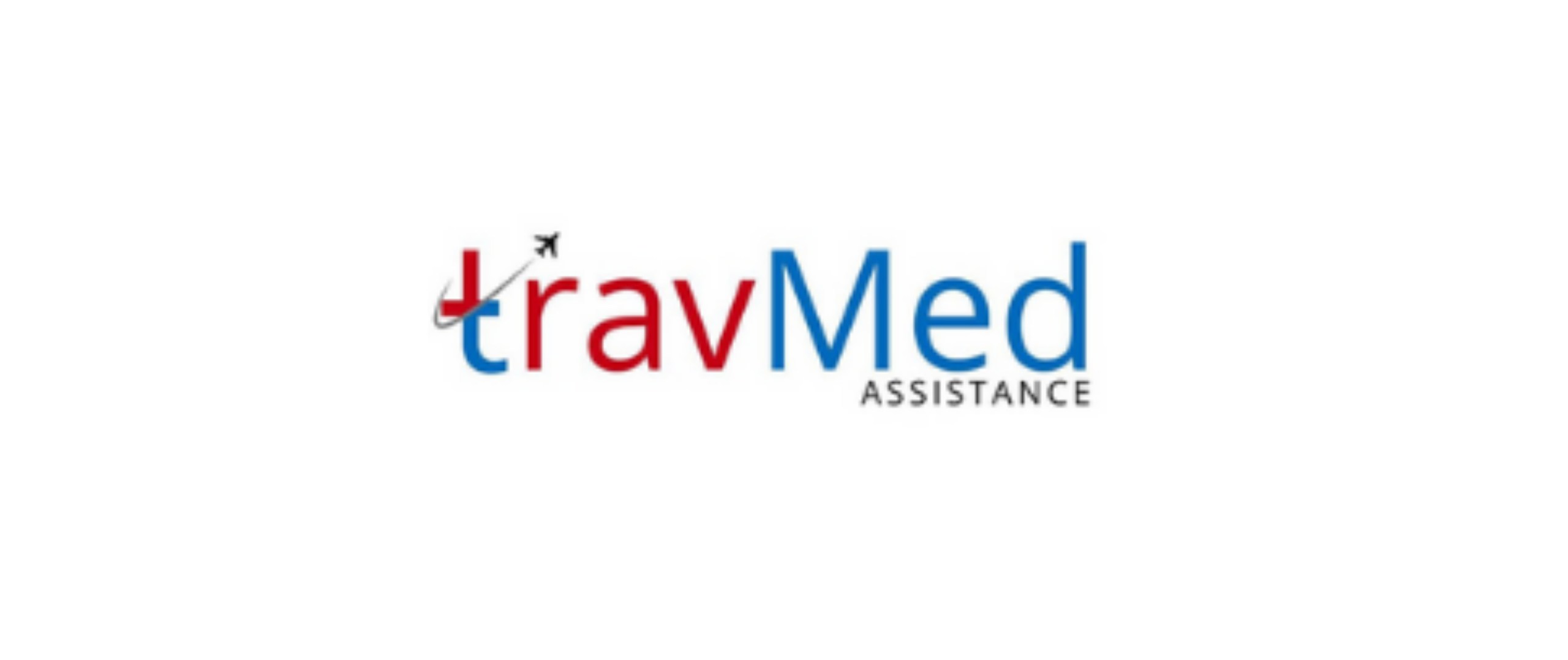
Repatriation services for insurance in Nepal encompass a range of specialized assistance provided to individuals or their remains when they need to be returned to their home country. These services are typically covered under travel insurance policies or international health insurance plans. Repatriation services include medical evacuations for critically ill or injured travelers, as well as the transportation of deceased individuals back to their country of origin. In Nepal, these services are particularly relevant due to the country’s challenging terrain and limited medical facilities in remote areas. Insurance companies work with local service providers to coordinate all aspects of repatriation, including medical care, transportation logistics, and necessary documentation. The primary goal is to ensure the safe and dignified return of individuals or their remains to their home country.
Who provides repatriation services in Nepal?
In Nepal, repatriation services are provided by a network of specialized companies and organizations working in collaboration with insurance providers. These include:
- International assistance companies with local representatives in Nepal
- Nepalese medical evacuation and air ambulance services
- Local funeral homes and mortuary services
- Embassies and consulates of foreign countries
- Travel insurance companies with partnerships in Nepal
- Specialized repatriation service providers
- Hospitals and medical facilities with international patient services
These providers work together to offer comprehensive repatriation solutions. They coordinate with insurance companies, handle necessary paperwork, arrange transportation, and ensure compliance with international regulations. Some well-known providers in Nepal include Travmed Assistance, Nepal Rescue and Repatriation, and International SOS. These organizations have extensive experience in managing complex repatriation cases in the unique Nepalese context, including evacuations from remote trekking areas and high-altitude regions.
How does the repatriation process work?
The repatriation process in Nepal follows a structured approach to ensure efficient and compassionate handling of each case. The process typically involves the following steps:
- Notification: The insurance company or assistance provider is alerted about the need for repatriation.
- Assessment: Medical professionals evaluate the patient’s condition or confirm the death.
- Coordination: The repatriation service provider contacts relevant parties, including family members, embassy officials, and local authorities.
- Documentation: Necessary paperwork is gathered and processed, including medical records, death certificates, and travel documents.
- Transportation arrangements: Appropriate mode of transport is selected (commercial flight, air ambulance, or ground transport).
- Medical care: For living patients, continuous medical support is provided during transit.
- Customs clearance: Assistance with customs procedures in both Nepal and the destination country.
- Final transfer: The individual or remains are transported to the final destination, such as a hospital or funeral home in the home country.
Throughout this process, the repatriation service provider maintains constant communication with all involved parties, ensuring a smooth and respectful handling of the situation. They also manage any unexpected challenges that may arise due to Nepal’s unique geographical and infrastructural conditions.
What documents are required for repatriation?
The repatriation process in Nepal requires a comprehensive set of documents to ensure legal compliance and smooth execution. These documents include:
- Passport or other valid identification of the individual
- Travel insurance policy details
- Medical reports and records (for medical repatriation)
- Death certificate (for deceased individuals)
- Embalming certificate (if applicable)
- No Objection Certificate from local police
- Clearance from the Ministry of Health and Population
- Authorization letter from the embassy of the home country
- Customs declaration forms
- Air waybill for cargo shipment (in case of remains)
- Letter of authorization from next of kin
- Cremation certificate (if remains are cremated)
The exact requirements may vary depending on the specific circumstances and the destination country. Repatriation service providers in Nepal are well-versed in managing this documentation process, ensuring all necessary papers are obtained and properly filed. They also assist in translating documents when required, as many local certificates in Nepal are issued in the Nepali language.
How much do repatriation services cost?
The cost of repatriation services in Nepal can vary significantly based on several factors. These include:
- Distance to the destination country
- Mode of transportation (commercial flight vs. air ambulance)
- Medical condition of the patient (for medical repatriation)
- Urgency of the repatriation
- Additional services required (e.g., specialized medical equipment)
- Season and availability of flights
On average, medical repatriation costs can range from $20,000 to $200,000 USD for complex cases requiring air ambulance services. Repatriation of remains typically costs between $5,000 to $20,000 USD. However, these are rough estimates, and actual costs can vary. It’s important to note that most of these expenses are covered by comprehensive travel insurance policies. Travelers without insurance may face significant out-of-pocket expenses. Some repatriation service providers in Nepal offer package deals or work with insurance companies to provide cost-effective solutions. It’s advisable to discuss costs upfront with the service provider and insurance company to avoid unexpected expenses.
How long does the repatriation process take?
The duration of the repatriation process in Nepal can vary depending on several factors. Typically, the process takes between 3 to 10 days. Factors affecting the timeline include:
- Location of the individual within Nepal
- Destination country and available flight routes
- Complexity of the medical condition (for medical repatriation)
- Time required for obtaining necessary documents
- Customs clearance procedures
- Coordination with multiple agencies and authorities
In urgent medical cases, the process can be expedited, potentially reducing the time to 24-48 hours. However, this often involves higher costs due to the need for specialized air ambulance services. For repatriation of remains, the process generally takes longer due to additional legal requirements and documentation. Delays can occur due to Nepal’s challenging geography, especially if the individual is in a remote area. Weather conditions, particularly during monsoon season, can also impact timelines. Experienced repatriation service providers in Nepal are adept at managing these variables to ensure the most efficient process possible while adhering to all legal and ethical standards.
Are services available for foreign nationals?
Repatriation services in Nepal are indeed available for foreign nationals. In fact, these services are primarily designed to cater to the needs of international visitors, expatriates, and non-resident Nepalis. The availability includes:
- Tourists and trekkers visiting Nepal
- Foreign workers and diplomats stationed in the country
- International students studying in Nepalese institutions
- Non-resident Nepalis living abroad
- Foreign nationals married to Nepali citizens
Repatriation service providers in Nepal are well-equipped to handle the unique challenges that foreign nationals may face, including language barriers, unfamiliarity with local procedures, and coordination with embassies. They offer multilingual support and have experience in managing international cases. These providers work closely with foreign embassies and consulates in Kathmandu to ensure smooth processing of necessary documents. Additionally, they are familiar with the specific requirements of different countries regarding the repatriation of their citizens. This expertise is particularly valuable in Nepal, where foreign visitors often engage in high-risk activities like trekking and mountaineering, potentially necessitating emergency repatriation services.
How reliable are repatriation service providers?
Repatriation service providers in Nepal generally maintain a high level of reliability due to the critical nature of their services. Factors contributing to their reliability include:
- Extensive experience in handling complex cases
- Adherence to international standards and protocols
- Regular training and updating of staff skills
- Partnerships with reputable international assistance companies
- Positive feedback from clients and insurance companies
- Accreditation from relevant Nepalese authorities
- 24/7 availability for emergency situations
- Transparent communication throughout the process
However, it’s important to note that the level of reliability can vary among providers. Established companies with a track record of successful repatriations tend to be more dependable. These providers often have robust networks and resources to manage unexpected challenges. To assess reliability, one can check reviews, ask for references, and verify the provider’s credentials with relevant authorities or embassies. Insurance companies typically work with vetted and trusted repatriation services to ensure the best possible care for their clients. Despite the overall reliability, the unique geographical and infrastructural challenges in Nepal can occasionally lead to unforeseen delays or complications, which reputable providers are equipped to handle professionally.
How do I arrange repatriation for an insured traveler?
Arranging repatriation for an insured traveler in Nepal involves a systematic process:
- Contact the insurance provider immediately to report the situation.
- Provide all relevant details, including the traveler’s location, condition, and policy number.
- The insurance company will activate their assistance services and connect with local repatriation providers in Nepal.
- Cooperate with the assigned case manager, providing any additional information or documentation they request.
- Assist in obtaining necessary medical reports or death certificates, if applicable.
- Help facilitate communication between the repatriation team and the traveler’s family.
- Provide consent for medical procedures or transportation arrangements as required.
- Stay informed about the repatriation plan and timeline.
- Prepare for the traveler’s arrival in the home country, including arranging local transportation or medical care if needed.
- Keep all receipts and documentation for potential reimbursement claims.
Throughout this process, the insurance company and their partnered repatriation service provider will handle most of the logistics. However, your role in providing accurate information and timely responses is crucial for a smooth repatriation process. It’s advisable to have a copy of the insurance policy and emergency contact numbers readily available when traveling in Nepal.
Are services available 24/7 in Nepal?
Repatriation services in Nepal are indeed available 24/7, reflecting the unpredictable nature of emergencies and the need for round-the-clock assistance. This availability includes:
- 24-hour emergency hotlines for immediate response
- On-call medical teams ready for deployment
- Continuous monitoring of ongoing cases
- After-hours coordination with hospitals and authorities
- Night-time air ambulance services (weather permitting)
- 24/7 liaison with insurance companies and embassies
- Constant availability for updates and inquiries from family members
The 24/7 service is particularly crucial in Nepal due to the country’s diverse geography and the popularity of adventure tourism. Emergencies can occur at any time, especially in remote trekking areas or during high-altitude expeditions. Repatriation service providers maintain staffed operations centers in Kathmandu that operate continuously. They also have networks of local contacts across Nepal to facilitate rapid response even in remote areas. However, it’s important to note that while services are available 24/7, actual operations may be affected by factors such as weather conditions, especially for air evacuations from mountainous regions. Despite these challenges, reputable providers strive to offer consistent support and communication at all hours.
How is the safety and dignity of the deceased ensured?
Ensuring the safety and dignity of the deceased during repatriation from Nepal is a top priority for service providers. The process involves several measures:
- Proper handling and preparation of the body by trained professionals
- Use of high-quality, sealed caskets that meet international air transport standards
- Adherence to cultural and religious customs when preparing the deceased
- Careful documentation to ensure the correct identification of remains
- Secure storage facilities with temperature control when necessary
- Respectful transportation methods, including dedicated vehicles
- Coordination with airlines for priority and careful handling of human remains
- Escort services to accompany the deceased throughout the journey
- Compliance with international health regulations for transporting human remains
- Transparent communication with family members about each step of the process
Repatriation service providers in Nepal are trained to handle remains with utmost respect, regardless of the circumstances of death. They work closely with local authorities and religious leaders when necessary to ensure all cultural and legal requirements are met. In cases where cremation is preferred, providers arrange for this service and the safe transport of ashes. The entire process is conducted with discretion and professionalism to maintain the dignity of the deceased and provide comfort to the bereaved family. Regular updates are provided to family members to assure them of the careful handling of their loved one’s remains.
How do I contact repatriation service providers in Nepal?
Contacting repatriation service providers in Nepal can be done through various channels:
- Emergency hotlines: Most providers have 24/7 emergency numbers.
- Email: For non-urgent inquiries or documentation.
- Website contact forms: Many providers offer online contact options.
- Physical offices: Visit their offices in Kathmandu for in-person assistance.
- Through insurance companies: Your insurer can connect you with their partnered providers.
- Via embassies or consulates: They often have lists of recommended providers.
- Social media platforms: Some providers offer contact options through social media.
- Local hospitals: Many hospitals in Nepal have connections with repatriation services.
- Travel agencies: They can often facilitate contact with repatriation providers.
- International assistance companies: They have networks of local providers in Nepal.
When contacting a repatriation service provider, be prepared to provide essential information such as the nature of the emergency, location of the individual, and insurance details if applicable. It’s advisable to save contact information for reputable repatriation services before traveling to Nepal, especially if venturing into remote areas. Many providers offer pre-trip registration services, allowing for quicker response in case of emergencies. Remember that in urgent situations, it’s best to use phone contact for immediate assistance. For less urgent matters, email or online forms can be used to request information or initiate the repatriation process.


